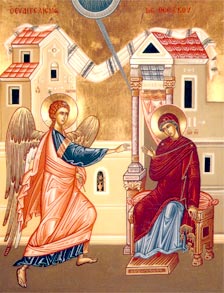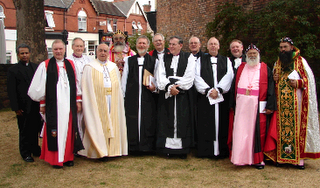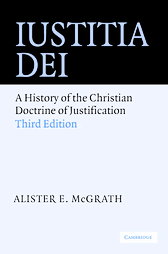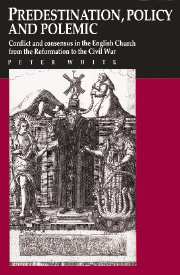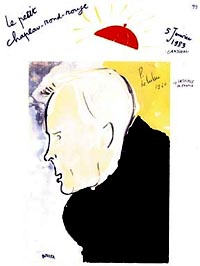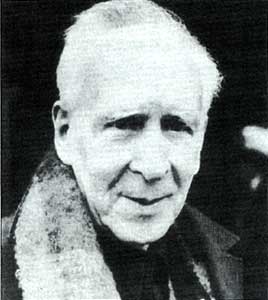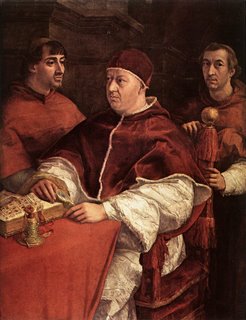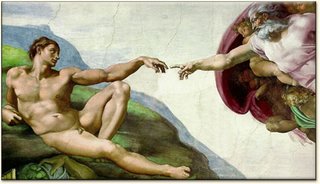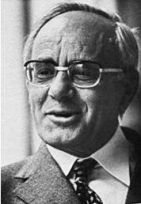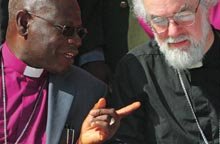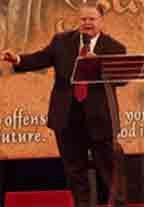
What follows is one of the best summaries of where hermeneutics has been and where it is going. Hang on and enjoy the ride!
+++++++
The Jewish and Christian hermeneutic of the Talmudic and Patristics period and of medieval times corresponds to a pre-modern concept of the world as a sacred cosmos or a symbolic universe: the revelation of the sacred in the space and time of secular experience creates a symbolic world, a global system of meaning. The subject, man or woman, is and feels a part of the objective world with no awareness at all of an opposition between subject and object. A system of myths and rites, a metaphysical theology and a liturgy made up of symbols, explain and celebrate at the same time the origin, the being, the final destiny and regular rhythm of this present life. Myth and reality, word and thing, merge completely and as yet they have not been separated and challenged. The Bible has both a literal and a spiritual meaning which together determine an infinity of meanings, hidden in each expression, each word and even each letter of Scripture.
Modern hermeneutic corresponds to a world in which the I, the thinking subject, and the physical and mathematical universe replace the sacred cosmos as the focal point. Epistemology, the theory of knowledge, replaces myth and metaphysics, explaining not just objective reality but only how it is possible to know the objective world. This puts a gulf between the thinking subject and the object. Critical rationalism of the Enlightenment ends up questioning the God of theologians and philosophers and the critical history of Romanticism puts an interdict on texts in which the revelation of the Bible is expressed.
Post-Modern or Post-Critical hermeneutic is marked by a certain disenchantment with enlightened conscience and some glimpses of re-enchantment with the world. Post-modernism does not reject the values of modernity, rational criticism and freedom from dogma, but it accepts that enlightened criticism is not free from prejudice and its pretensions to objectivity are often no more than wishful thinking. The post-modern world is not the world of the ancient sacred cosmos but neither is it its simple negation or its dissolving in the world of the subjective conscience. It is a world created by language, made manifest in dialogue with the other. Understanding takes place through prior anticipations, through pre-understanding and pre-judice, through the hermeneutic circle of question and answers (Heidegger). Understanding is not a monologue with objectivity but a dialogue with the subjectivity of the other or with the other expressed in the texts transmitted by tradition. Without it being possible to return to the pre-critical world of tradition which has become dogma, contemporary hermeneutic wishes to recover the mediating force of tradition and even the symbolising and imaginative meaning of allegory. Unlike enlightened hermeneutic, Post-modern thinking shows respect for openness to the divine and the sacred and especially to symbolic and religious language in general, typical of the post-modern era.
In this process of re-evaluation of tradition and of the interpretation of symbols and allegories, without however abandoning enlightened criticism of the texts of historical and religious tradition, lies the viewpoint of this book. It does not try a direct approach, supposedly free of presuppositions and prejudices, to the biblical texts of over two thousand years ago, but instead tries to emphasise the mediating role of Jewish and Christian tradition and of post-modern hermeneutic based on the play between literal and allegorical, in every attempt at complete understanding of the texts of the Bible.
--Julio Trebolle Barrera, The Jewish Bible and the Christian Bible: An Introduction to the History of the Bible (Cambridge, 1998), 545-6
